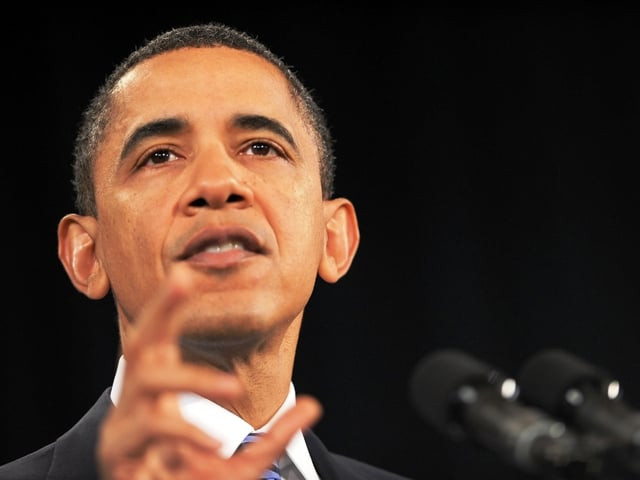Will Obama's decision affect his ratings in India?
Pakistan praises US President for saying he would visit next year, but Indian analysts see announcement as "myopic".

Obama, meeting with a senior Pakistani delegation, said he would not visit when he travels to neighboring India next month. But he committed to visiting Pakistan in 2011 and invited Pakistani President Asif Ali Zardari to Washington.
However, India may not take this move by the US president lightly, as Sumit Ganguly an Indian-American scholar of South Asia, as reported by The Christian Science Monitor, says “this is going to do some damage to the relationship.”
“Now you will hear the expression in New Delhi: re-hyphenation.”
The US has always had a ‘hyphenated’ relationship with the two sub-continent countries. However, in the recent past, there has been de-hyphenation on the part of the US which has started treating India as different from Pakistan, the latest example of which was seen when the US signed a civil-nuclear deal with India but not with its ally in the war on terror.
Ganguly calls the timing of Obama's announcement to visit Pakistan next year “myopic,” adding that “it sets a very poor tone just on the eve of the visit to India.”
According to a recent poll conducted by the Pew Research Centre, Obama is regarded highly among the Indian population.
The poll shows that about two-thirds of Indians maintain favourable opinions of the US and are largely positive about the country’s economic situation. More than seven out of ten Indians said that they have confidence in the President Obama.
However, the same survey also revealed that the Indian population at large considers Pakistan and extremist groups in Pakistan as the biggest threat to their country. The Indian concern that the Pakistan will be consumed by extremism is widespread, with 78 per cent saying that they are worried that extremists groups will take over the Pakistani state.
In view of this, how Obama’s decision to visit Pakistan will change the opinion of Indians towards him is to seen.
Online report compiled by Ali Syed



















COMMENTS
Comments are moderated and generally will be posted if they are on-topic and not abusive.
For more information, please see our Comments FAQ